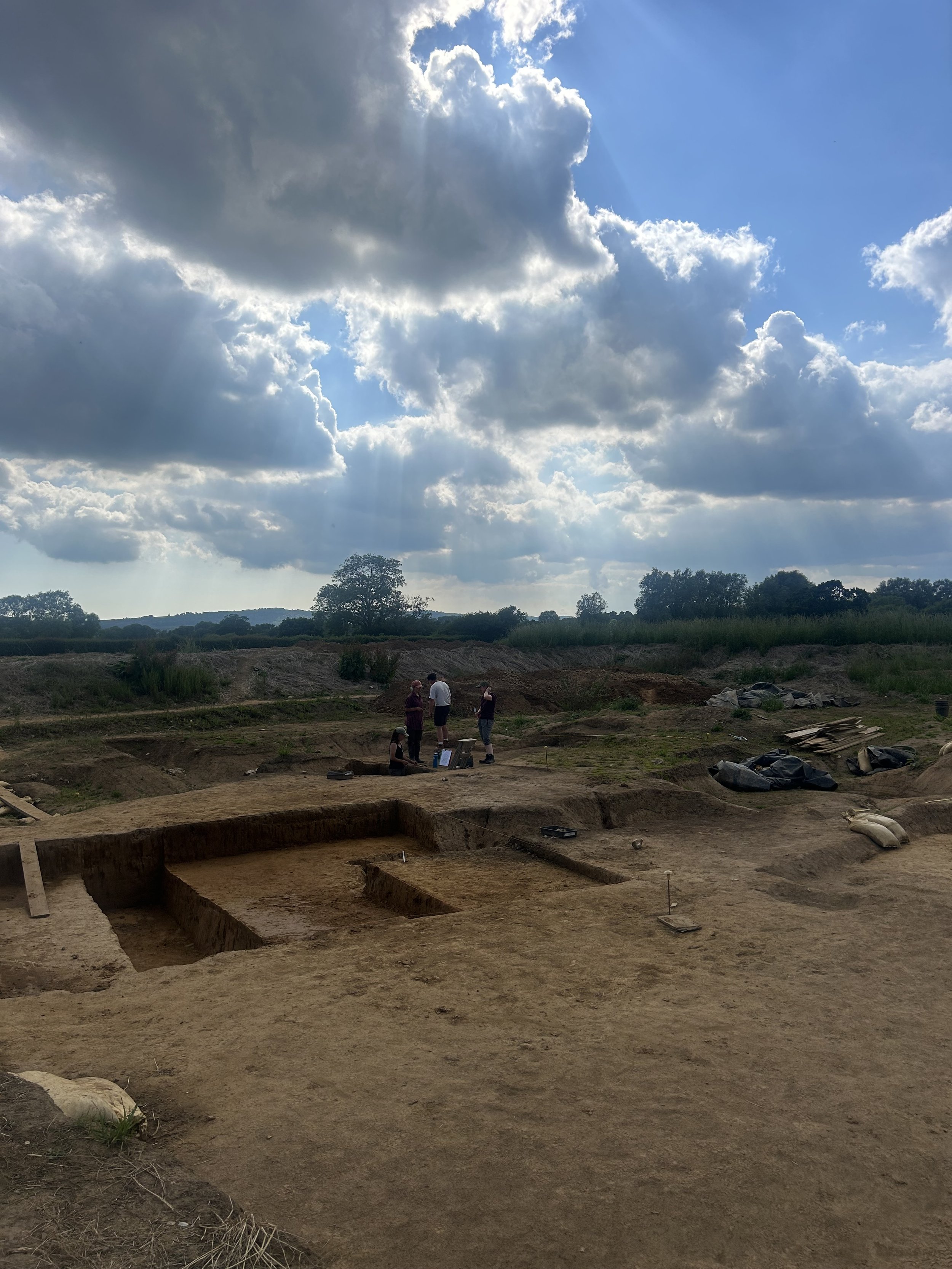
History of the Site
Here's just a small sample of the natural treasures we've helped preserve over the years.
The founding of CAP
The Culver Archaeological Project (CAP) involves the local community, students, trained archaeologists and volunteers in the investigation of the historic environment under the supervision of the project director, Robert Wallace, a Masters Graduate in Field Archaeology from the University of Sussex, and corporate member of the Chartered Institute for Archaeologists (CIfA). CAP was founded in 2005 by Rob to investigate the historic landscape surrounding the Barcombe villa complex and has developed over the years to research the historical environment of the alluvial plain of the Upper Ouse Valley in the parishes of Barcombe and Ringmer.
Initial Investigations
In the initial year Rob discovered a substantial Roman road running down the western side of the River Ouse and work continued in the area of this road on Culver and Cowlease Farms until 2010. From its inception CAP has endeavoured to conform to a high standard of archaeological research whilst seeking to actively involve the local community in the discovery and interpretation of their local landscape, heritage and archaeological remains. As well as open area archaeological excavation of targeted areas, the project includes magnetometer and resistivity surveys of the wider area as well as supervised metal detecting.
The investigation of the Romano-British settlement at Bridge Farm forms part of this wider research project of the Ouse Valley. In 2011, a geophysical survey of the London to Lewes Roman road by David Staveley, an experienced geophysicist, led to the discovery of the Roman-period settlement at Bridge Farm. This in turn initiated gaining a substantial grant from the National Lottery via the Heritage Lottery Fund, thus enabling the appointment of commercial contractor AOC Archaeology to assist in excavating four open-area trenches and also funding the post excavation works alongside an extensive programme of community engagement for the 2013 season.
Partnership with CCCU
From 2014, volunteers, students and campers have paid a modest fee for involvement, with donations received from visiting groups helping to fund the basic costs. From 2015 a fieldwork training course at the site, primarily run for Canterbury Christ Church University students, with some places available for individuals willing to pay for extra training, has provided a sound financial base for both future excavation and specialist post-excavation works. The large volunteer base created in 2013 is still very active and provides an excellent backbone to the project with the support of the yearly cohort of novice students.


